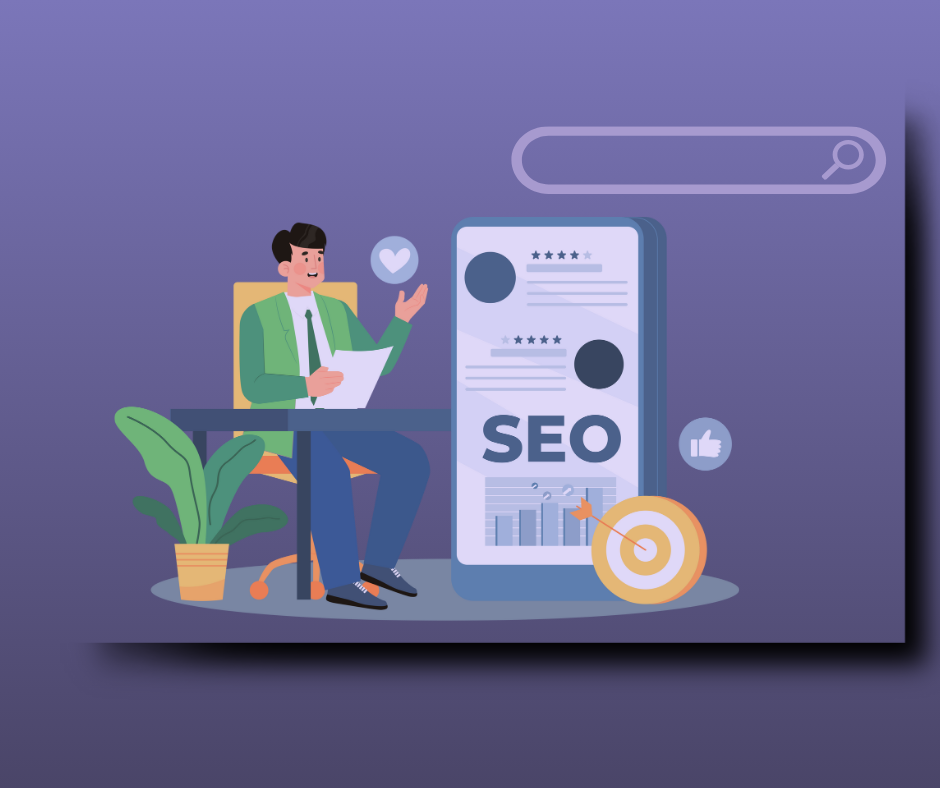Unleash the Power of Search Engine Optimization (SEO)
In today's internet world, search engine optimization (SEO) has become one of the essential tools for the success of any website or digital project. If you're aiming to increase visibility, attract more visitors, and improve your website's ranking in search results, understanding the basics of SEO and effectively applying its strategies is the key. In this article, we will take you on a simple tour to explore the most important SEO concepts and techniques, and how to use them to achieve tangible results that enhance your digital success.
.webp)
Mastering the Art of Search Engine Optimization (SEO)
Search Engine Optimization (SEO) is a crucial aspect of any online marketing strategy, particularly for businesses in the fields of web development, mobile applications, design, programming, websites, and social media. SEO involves a set of techniques that help improve a website's visibility and ranking on search engine results pages (SERPs).

The importance of SEO
· Increased website traffic:
SEO helps to increase your website's visibility on search engines, which in turn can lead to more traffic. When your website appears on the first page of Google, for example, you are more likely to receive clicks and visits than if you were on page two or three. According to a study by Chitika, websites that appear on the first page of Google receive 91.5% of all traffic from that search.
· Better user experience:
SEO also helps to improve the user experience on your website. By optimizing your site's structure and content, you can make it easier for users to navigate and find what they're looking for. This, in turn, can lead to increased engagement and conversions.
· Cost-effective marketing:
SEO is a cost-effective way to market your business online. Unlike paid advertising, which can be expensive and requires ongoing investment, SEO can provide long-term benefits without ongoing costs. By investing in SEO, you can improve your website's visibility and attract more traffic without breaking the bank.
· Improved brand credibility:
SEO can also give you a competitive advantage over your competitors. By optimizing your website for search engines, you can outrank your competitors and attract more traffic and customers.

How to optimize your website for SEO
· Conduct keyword research:
Before creating content for your website, it's important to research the keywords that your target audience is using to search for information related to your industry. There are many keyword research tools available, such as Google Keyword Planner and Ahrens that can help you find relevant keywords with high search volume.
· Optimize your content:
Once you have identified the keywords you want to target, incorporate them into your website's content, including the page titles, headings, Meta descriptions, and body text. However, avoid keyword stuffing, as this can lead to a penalty from search engines.
· Use header tags:
Use header tags (H1, H2, H3, etc.) to structure your content and make it easier for both users and search engines to understand the hierarchy of your information.
· Optimize images:
Optimize your website's images by compressing them to reduce their file size and adding alt text to describe the image. This can improve the accessibility of your website and help search engines understand the content of the image.
· Improve website speed:
A slow website can negatively impact user experience and SEO rankings. To improve website speed, consider using a content delivery network (CDN), compressing your website's code and images, and minimizing the use of external scripts.
· Create quality backlinks:
Backlinks, or links from other websites to your website, are an important factor in SEO rankings. Focus on creating quality backlinks from authoritative websites that are relevant to your industry.
· Monitor and analyse your website's performance:
Use tools like Google Analytics and Google Search Console to monitor your website's performance, including traffic, rankings, and user behaviour. Use this information to make data-driven decisions on how to optimize your website for better SEO results.
Conclusion
SEO is an essential part of any online marketing strategy. It can help to increase your website's visibility, drive traffic, and improve your brand's credibility. By optimizing your website for search engines, you can attract more traffic, improve the user experience, and gain a competitive advantage over your competitors. If you're not already investing in SEO, now is the time to start



